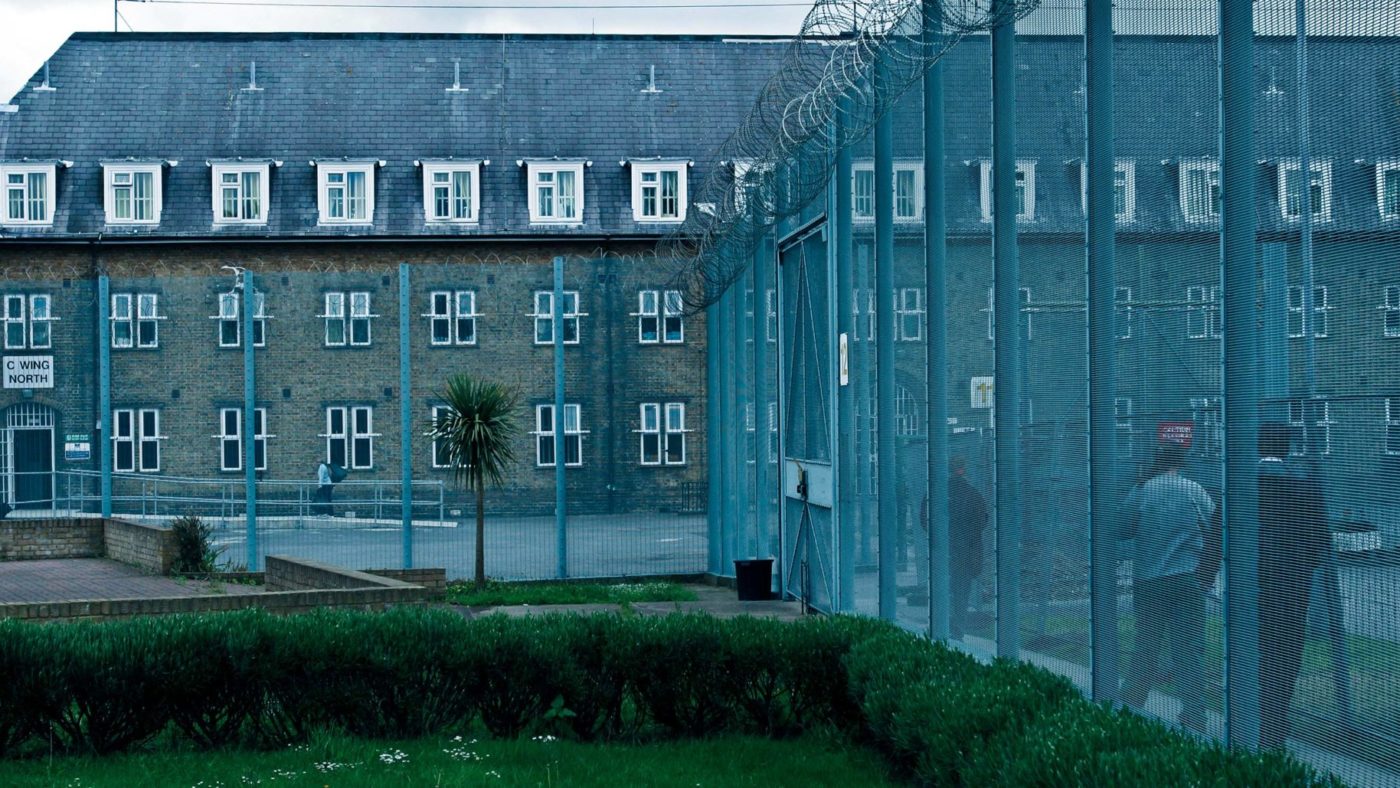Khairi Saadallah met Muslim convert Omar Brooks in HMP Bullingdon just a few years before his terror attack in a Reading park on a warm June evening in 2020. Brooks, an outspoken Islamist fanatic, had been arrested and imprisoned on terror charges in 2016. He had significant links to radical Islamist group Al-Ghurabaa and the British-based Islamist extremist group Al-Muhajiroun, previously fronted by the equally charismatic and callous Anjem Choudary. Brooks was, in prison as he was at liberty, charismatic, extreme, and outspoken in his radical views, and Saadallah had the time to listen.
Some months later, following Saadallah’s release from prison, three innocent men were dead, stabbed to death by Saadallah as they sat chatting in a Reading town centre park.
Had these two men been at liberty, Saadallah and Brooks’ interactions and frequent associations would have, in time, been flagged to the security services. Promptly and proportionately, the two men’s relationship would have been monitored and their every move observed. In prison, however, they were free.
That Omar Brooks, and many others like him, are still able to live and lecture amongst the general prison population is an insult to the numerous innocent lives lost at the hands of radicalised prison releases over the years in the UK. James Furlong, David Wails and Joe Ritchie-Bennett must be the last to die as a result of the continued complacency by the Prison Service.
The failure of separation centres
In 2017, three separation centres were set up to house the most dangerous, radicalising influences in the UK prison system. Described as ‘jails, within jails’, the construction of the centres signalled to Islamists that Her Majesty’s Prison Service would no longer let the menace of extremism continue to spread through the prison system.
To date, and despite numerous deadly attacks against citizens at the hands of radicalised inmates, two of the three separation centres lie unstaffed, unpopulated and unused. The building of such centres has turned out to be little more than symbolic, and their abandonment shambolic.
Dangerous, radical extremists from across the ideological spectrum must be cut off and separated from the general prison population, and each other. That means making full use of separation centres. To cut this cancer of extremism out, in the short term, will prevent it from spreading further amongst the parts of the prison population who could otherwise retain some propensity for rehabilitation. In the long term, it will protect the law-abiding citizens of this country, who, often unknowingly, live and work amongst prison releases every day.
Having worked in counter-terrorism for the past five years, I have dedicated a significant period of my career to analysing some of the most dangerous and influential Islamist offenders in our country’s prisons. I have witnessed how their notoriety instantly propels them to positions of influence within prison wings. I have seen them plot and prepare for attacks against prison staff and how their ideas and beliefs are pushed onto the criminal population living amongst them.
Like gang culture, Islamism controls the wings of a number of our category A prisons. Mass forced conversions to Islam are rife, as too are conversions by prisoners merely seeking protection. Sharia Law is practised on the wings. Disrespected and disregarded, Prison Officers act more as covert watchmen than superiors, and they are constantly at risk of attack.
The threshold for referring the most dangerous terror offenders into separation centres is undoubtedly far too high. Absurdly, one has to prove beyond any reasonable doubt that any extremist referral poses a danger to the general prison population and has absolutely zero chance of rehabilitation. With referees unable to reach such a high bar, this most backwards of prison policies means the most dangerous and radical prisoners are free to influence other prisoners, many of whom demonstrate dangerously unstable mental health alongside criminal tendencies.
Following the spate of Islamist attacks perpetrated by those released from prison, there is only a finite amount of times the British public can accept that the Government will ‘learn lessons’ following the death of innocent citizens with no resulting action. Our patience is running out. We need to begin to fill the empty cells of the separation centres built to house our most dangerous prisoners.
Islamism is a virus of the mind. And like a virus, we know how important it is to break the ‘chain of transmission’. By cutting off their contact to impressionable prisoners and the oxygen to their ideas, the most dangerous extremist terror offenders can be prevented from radicalising others. Such action will leave no starting point for the journey from violent extremism into terrorism to begin.
Click here to subscribe to our daily briefing – the best pieces from CapX and across the web.
CapX depends on the generosity of its readers. If you value what we do, please consider making a donation.


